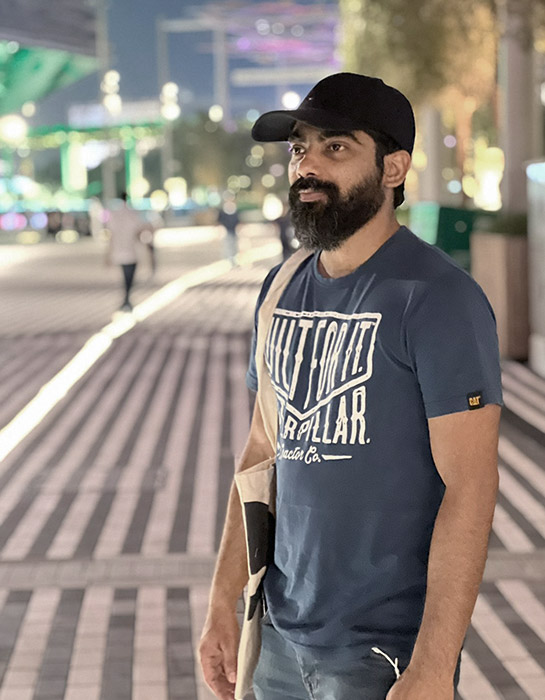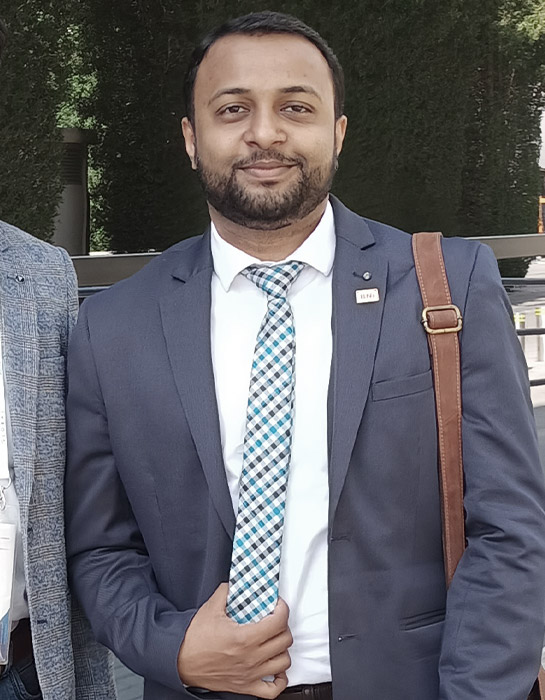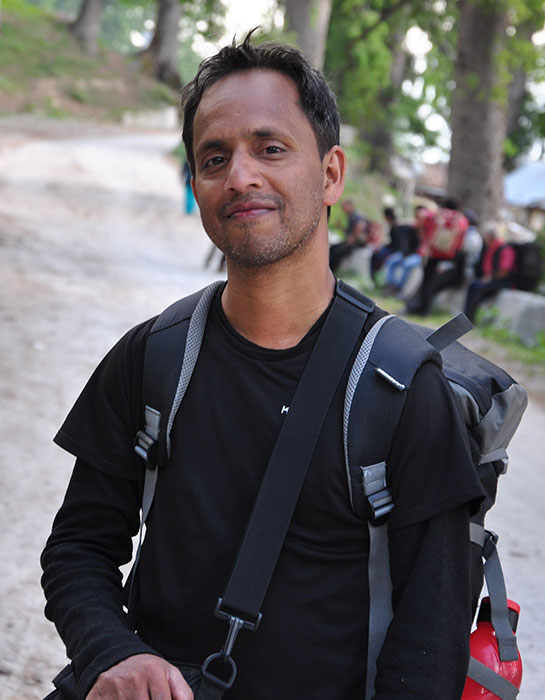"To raise new questions, new possibilities, to regard old problems from a new angle, requires creative imagination and marks real advance in science." - Albert Einstein
We believe this advancement will happen when we apply first principles thinking with behavioral sciences.
01
WHAT WE DO
DESIGN EXPERIENCES
Our environment plays a major role in shaping our behaviours, resulting in an intention-action gap. This gap covertly creates a chasm between the expectations people have of what the future holds and the reality of what happens.
We build resilient choices.
Our multi-disciplinary team attempts to connect the dots by uncovering hidden patterns of human behaviour, through a behavioral lens. This leads to a greater confidence in making bigger bets, innovation and transformation, by carving a competitive edge.
02
OUR GENESIS
WHAT LEAD US TO FPL
We cannot solve our problems with the same thinking we used when we created them, Albert Einstein
In simple words, let us stop making assumptions.
03
OUR APPROACH
IS QUITE SIMPLE
-
Divide
Divide the constituents of the problem into its basic elements.
-
Derive
Derive the behavioral aspects that impact these decisions and their outcomes.
-
Devise
Devise approaches to address the barriers associated with these decisions.
We formulate various hypotheses, construct and execute our experiments, and then assess if the conclusion works or not. If it does not, we reiterate.
We believe in deconstructing and testing assumptions, and in reconstructing them. First principle reasoning cuts through convictions and removes the blinds; which would otherwise have kept us entrapped in the words of others — trapped in the way that things have always been done. This is a revolution that helps us to see the possibilities of the world, the world for what it really is.
We ensure that the system as a whole is more stabler than it was earlier. As they say, it is important to not loose the forest for the trees.
04
TEAM
MEET US

CO-FOUNDER-CREATIVE HEAD
A sports enthusiast who has been running efficiently for the past 14 years in the advertising marathon. After the completion of a bachelor’s degree in Visual Communication in the year 2006, he earned a specialization in Designing & Multimedia. His experience as a creative designer in various globally fluent metro cities like Chennai and Bangalore, catering for numerous MNCs has exposed him to various trending advertising tactics which encouraged him to materialize his dream of starting his own advertising company in the land of love and hospitality.
CO-FOUNDER-STRATEGIST
They say every cloud has a silver lining, and none look for it as much as Mr. Rifath Rahman. Having done his MBA from the University of South Wales, Cardiff, this proactive marketing strategist is always up to date with all that’s happening in his realm. He believes in the power of networking and finds time to sit with people more experienced than him. He takes ownership of his responsibilities and is he is open to criticism, though his wife doesn't agree to the statement. One of his greatest strengths is his ability to quickly understand customers' needs and problems and master them together through creative problem-solving.


CO-FOUNDER-BEHAVIORAL SCIENTIST
When he is not designing experiences, he prefers to be with nature, experiencing experiences. It could be a trek among the peaks along the Himalayas or lazing around the Goan beaches or even cycling through the country roads. Every experience is reflective, meditative and different.
Like many, he started his career as a software engineer. However, it did not take him much time to realise that programs are comparatively easy to code and predictable in their behaviour, than us, the Homo Sapiens. That is when he started probing more into human psychology and behaviour. After spending more than a decade exploring ‘why we do what we do’, he decided to pursue career options at the intersection of technology, design and behavioural sciences.
05
CONTACT
STAY IN TOUCH
We design experiences.
We formulate various hypothesis, construct and execute our experiments, and then we see if we have a conclusion that works or doesn’t work, to derive an intervention that may be applied to address the challenge.
